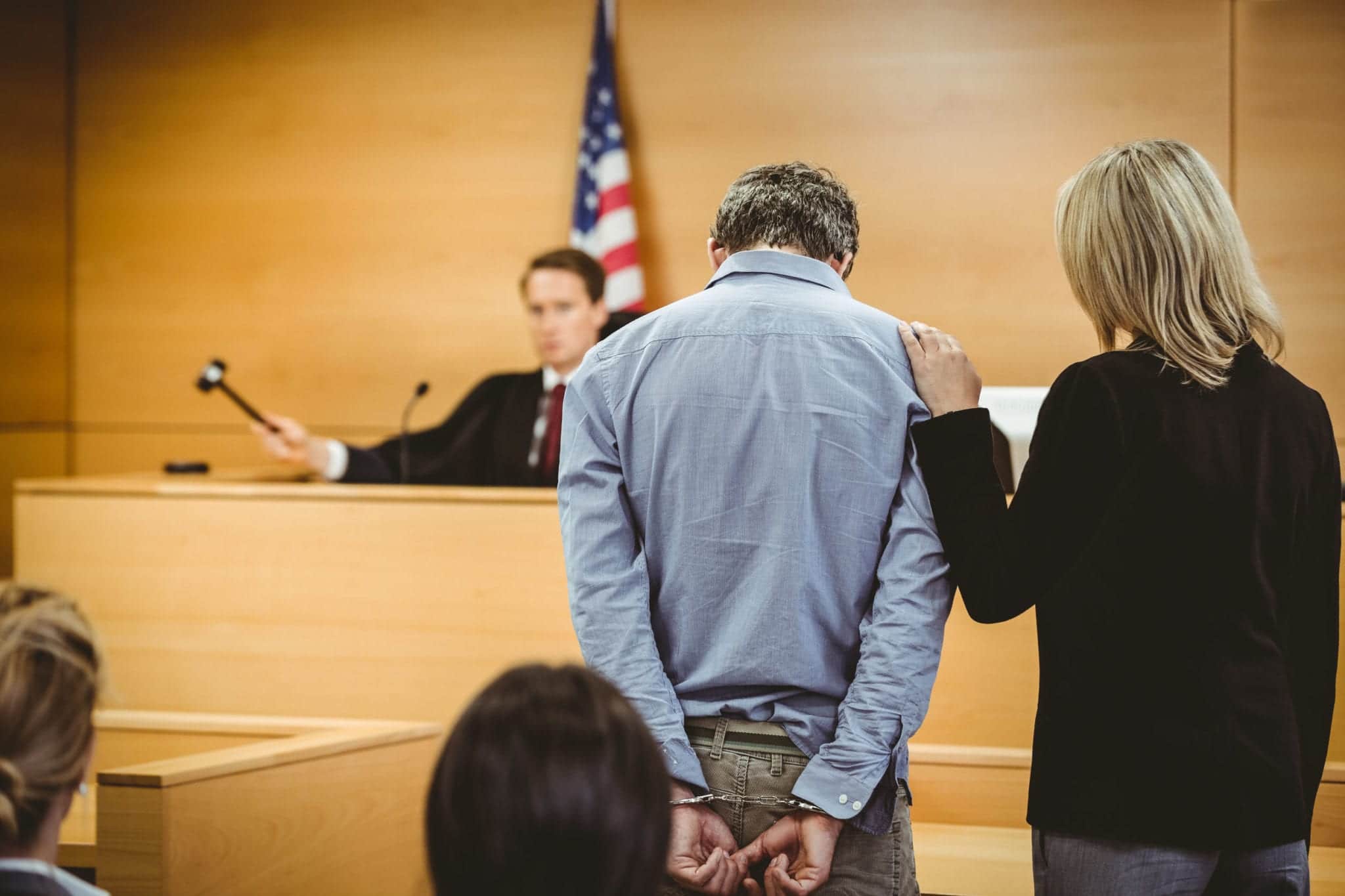Federal prosecutors recently issued subpoenas for millions of North Carolina voter records – just weeks before the midterm. This is part of the Trump administration’s efforts to crack down on unauthorized voting by noncitizens, something that has been widely discredited.
Issuing such an extensive subpoena could overwhelm the staff and budgets of small counties, hampering efforts to prepare for the November election. Further, these subpoenas raise privacy concerns, as the ballots of absentee voters could easily be traced to the voters’ identities.
Historically, voter fraud has rarely been prosecuted, particularly cases involving individual voters. However, several North Carolina legal permanent residents were recently charged with the crime, and one of the defendants was convicted.
Who is he? The 42-year-old father of two is originally from Italy, and he was registered to vote as a Republican. He thought that voting was his right. However, since he is not actually a citizen, he has been sentenced to pay a $200 fine and may also face deportation for voting in the 2016 election.
Because voter fraud is now under such strict scrutiny, it is important to be aware of what constitutes voter fraud, and how to avoid committing it in the midterm elections.
What Constitutes Voter Fraud in North Carolina
Although efforts to catch voter fraud have typically been aimed at large-scale attempts to sway citizens’ votes (for example, by intimidating citizens of a certain demographic to discourage them from voting), federal officials have now taken aim at individuals as well.
North Carolina Statute § 163-275 defines voter fraud as any of the following:
- To place your name or the name of another party fraudulently on the registration books of more than one precinct, or to place your or another person’s name on the registration books of a precinct in which you or that party are not legally allowed to vote.
- To give, promise, request, or accept anything of value in return for the vote of an elector.
- For an election official to knowingly make a false or fraudulent entry on an election book, or make a false statement on any ballot.
- To vote if you are convicted of a crime that disqualifies you from suffrage, or to vote if you are not a citizen.
- For any judge, clerk, or copyist to make an entry with the intent to commit fraud.
- Paying individuals or offering anything of value in exchange for registration to vote.
- Mailing in votes or attempting to affect the election by intimidating the candidate.
- Voting multiple times for the same candidate by impersonating a voter.
- Suppressing votes, ballots, or intimidating others into voting in a certain way. If this includes physical intimidation, assault charges may also apply.
The bottom line is that to avoid voter fraud charges, North Carolinians should ensure that they are legally registered to vote, and that they are eligible to do so. If you are unsure of your status, you can consult an attorney, or contact state election officials.
North Carolina Criminal Voter Fraud Charges
Criminal voter fraud charges are quite serious. Voter fraud is a felony, and is punishable by imprisonment, a fine, or both.
When the candidate is elected at the state level, defendants will be prosecuted at the state level. If the candidate is federally elected, defendants may be prosecuted at either the state or federal level.
Given the increased federal attention to voter fraud, federal prosecution is highly likely in cases involving federally elected candidates. All of this is why it’s so important to be aware of the law in order to ensure that you do not inadvertently engage in activities that might be considered voter fraud.









